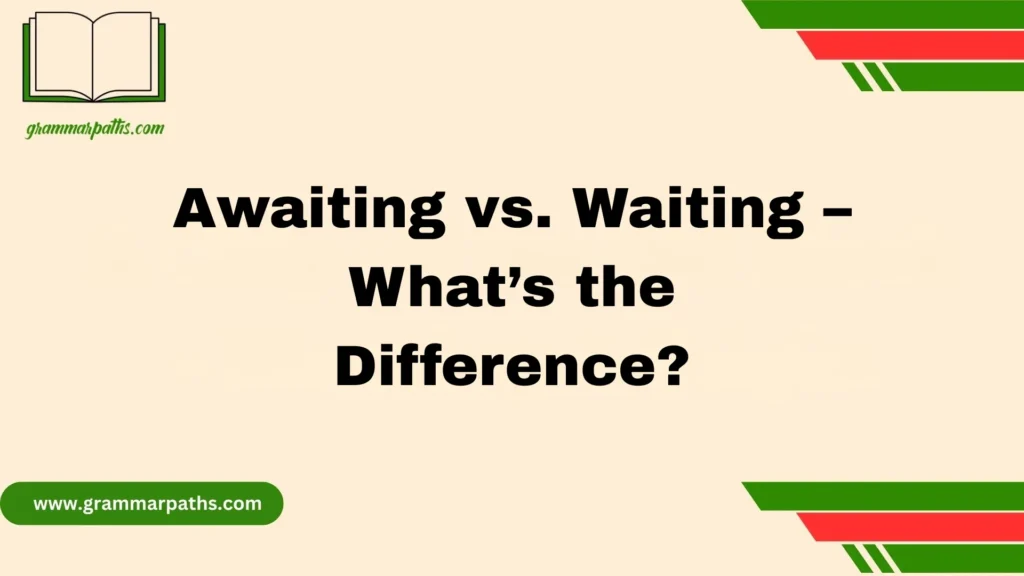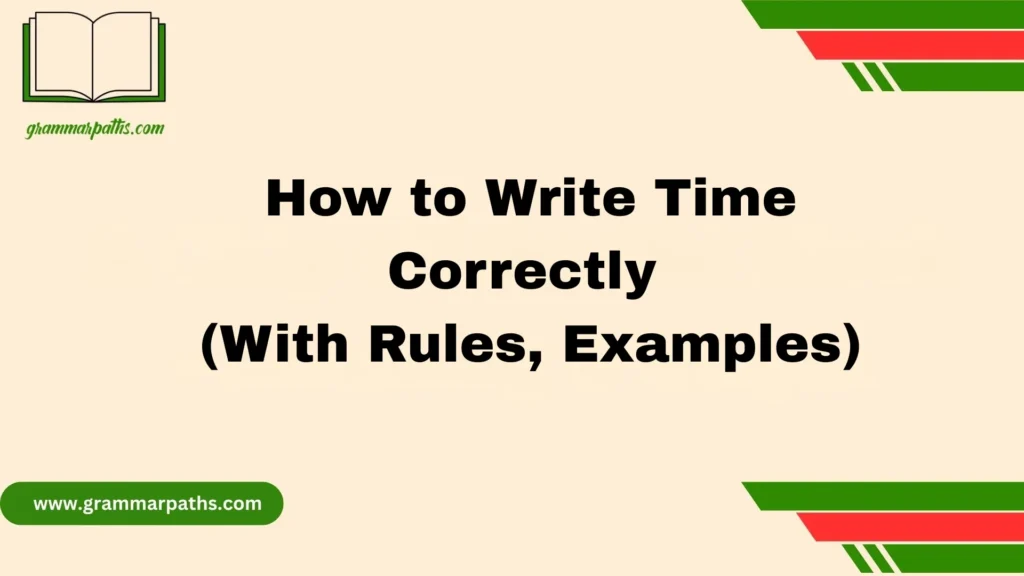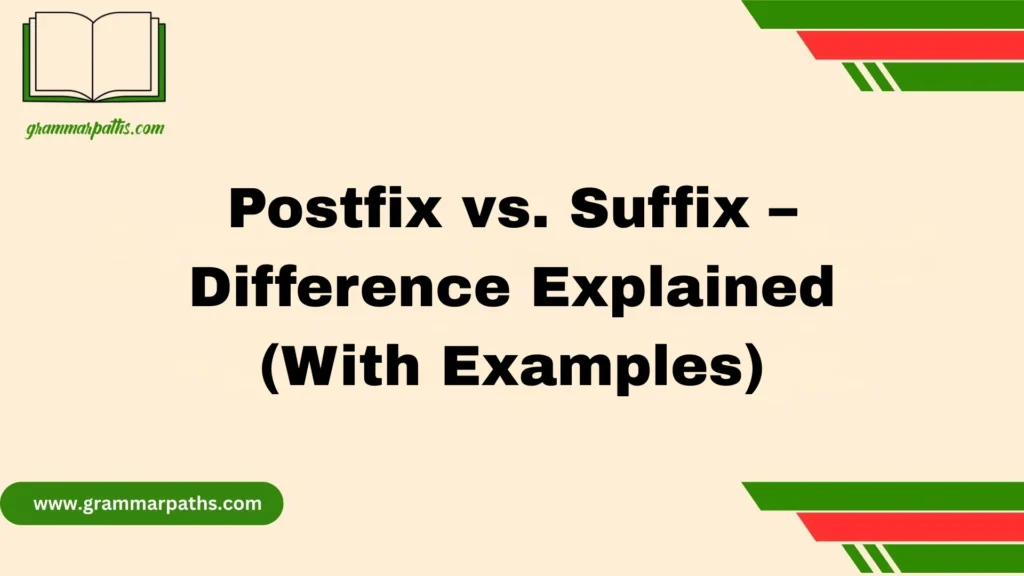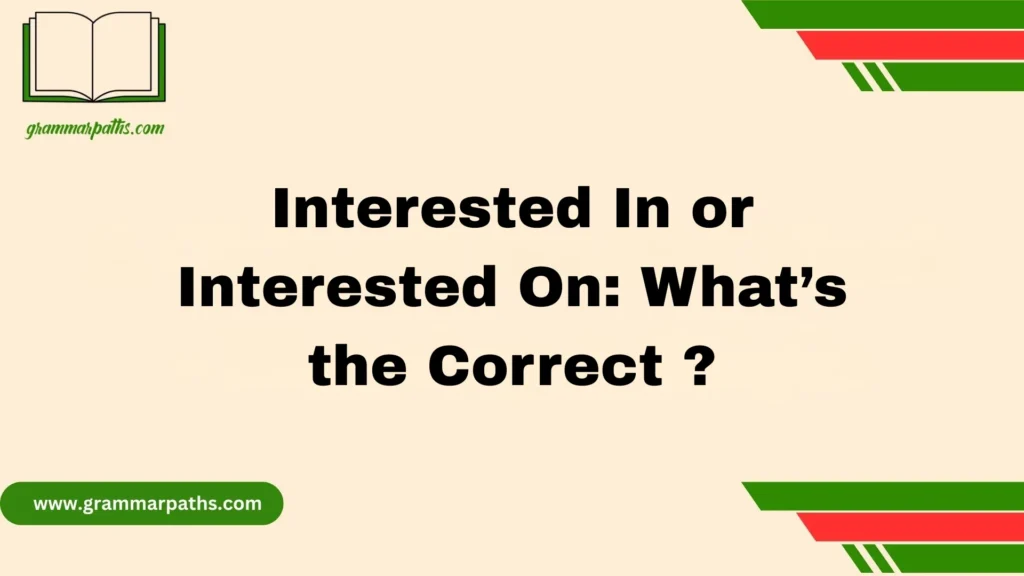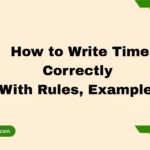In English, it’s easy to get tripped up by words that sound alike but mean entirely different things. One frequent confusion comes from “Then” or “Than” — two small words, only one letter apart, but serving completely distinct roles in grammar. I still remember the moment I first grasped the difference. It seemed minor at the time, but understanding it made my writing feel more precise and clear.
Take this example: “She’s better than her brother at tennis.” That sentence is correct. But if you accidentally write “then” instead of “than”, it completely disrupts the meaning. It might look okay at a glance, but it doesn’t hold up under scrutiny. That one-letter swap leads to a sentence that just doesn’t make sense.
From years of teaching grammar, I’ve seen learners—even native speakers—struggle with this exact mix-up. Words like “than” and “then” appear so similar that they trick even experienced writers. But once you understand the distinction, it’s like flipping a switch in your brain. It’s not just about rules—it’s about writing with intention and being understood.
These small choices matter. Swapping “then” when you mean “than” isn’t just a typo—it can alter the whole message. Even in informal writing, these little words carry a lot of weight. So take the time, slow down, and remember: they may look alike, but they are not the same. Use them with care.
The Core Difference Between ‘Then’ and ‘Than’
At a glance, then and than differ by just one letter. But that letter makes a world of difference.
| Word | Part of Speech | Meaning | Example |
| Than | Conjunction | Used to compare things | She’s smarter than her brother. |
| Then | Adverb, adjective, noun | Refers to time, sequence, or consequence | We ate dinner, then watched a movie. |
“Than” is used to make comparisons.
“Then” relates to time or a sequence of events.
That’s the key difference. Let’s break them down further.
How ‘Than’ Works: The Comparison Power Tool
Definition
Than is a conjunction used to compare two things—qualities, actions, quantities, or choices.
Examples of Comparison with ‘Than’
- He runs faster than I do.
- She’s more experienced than most candidates.
- I’d rather travel than stay home.
These comparisons may involve:
- Adjectives (faster, stronger, better)
- Quantities (more than, less than)
- Preferences (rather than, better than)
Common Comparison Structures
- [Comparative Adjective] + than
Example: This book is longer than the last one. - More/Less + [Noun/Verb/Adjective] + than
Example: He has more patience than anyone I know.
Mistakes to Avoid
Incorrect: I like oranges better then apples.
Correct: I like oranges better than apples.
How ‘Then’ Works: Your Go-To Word for Time & Logic
Definition
Then is often used as an adverb, but it can also act as an adjective or a noun. It connects actions, shows timing, or indicates consequences.
When to Use ‘Then’
Time Sequence
- We had lunch, then we went shopping.
- Back then, life was simpler.
Consequence or Logic
- If it rains, then we’ll cancel the picnic.
- You should study harder; then you’ll pass.
As a Filler in Speech
- So, then, what happened next?
Misleading Similarities: Why the Confusion Happens
Let’s face it—than and then sound almost identical in casual speech. Add autocorrect errors, fast typing, or regional accents, and the mix-up becomes even more common.
How Spelling Impacts Meaning
Here’s how just one vowel changes everything:
| Incorrect | Why It’s Wrong | Correction |
| I’m better then him. | This implies a sequence, not a comparison. | I’m better than him. |
| First we eat, than we sleep. | Wrong comparison usage for a sequence. | First we eat, then we sleep. |
Quick Memory Hacks: Never Mix Them Up Again
Try these foolproof tricks:
- “Than” has an ‘A’ — like in compArison.
- “Then” has an ‘E’ — like in timE**.**
- Say it aloud: If it’s about time or what comes next, it’s then. If you’re comparing, it’s than.
Mnemonics You’ll Remember
- “Rather than compare, then plan your next move.”
- “If it’s sequence or time, E is fine.”
Sticky phrases like these train your brain to pause and check before writing.
Real-Life Usage Examples: Clear and Relatable
Emails
- I’d rather meet in person then over Zoom.
- I’d rather meet in person than over Zoom.
Social Media
- Back than, things were easier.
- Back then, things were easier.
Academic Writing
- This approach is more effective then traditional methods.
- This approach is more effective than traditional methods.
Idioms & Phrases That Use ‘Than’ and ‘Then’
Common Idioms with ‘Than’
- More than meets the eye
- Rather than later
- Easier said than done
- Bigger than life
Common Phrases with ‘Then’
- Back then
- Until then
- Since then
- Every now and then
These are fixed expressions. Using the wrong word breaks the idiom and confuses the meaning.
Grammar Deep Dive: ‘Then’ as Adverb, Adjective, Noun
Adverb
Shows time or order.
She smiled, then walked away.
Adjective
Describes a person’s title at a certain time.
The then CEO resigned in 2018.
Noun
Refers to a moment in time.
We’ll talk about it in the then.
Understanding these subtle uses boosts precision in writing.
Why ‘Than’ Is Only a Conjunction (and That’s All It Needs to Be)
Unlike then, which wears multiple grammatical hats, than has a single job: comparison. It doesn’t need to multitask.
She’s more determined than ever.
There’s elegance in simplicity. Knowing than only functions one way keeps things clear.
Test Yourself: Spot the Error Challenge
Try fixing these sentences:
- I’m stronger then I used to be.
- He’s taller than she.
- We went to dinner than watched a movie.
- If you study, then you’ll do well.
- I’d rather text then call.
Answers
- then → than
- Correct
- than → then
- Correct
- then → than
How’d you do?
Professional & Academic Impacts of Getting It Wrong
Misusing then and than can cost you credibility, especially in formal or competitive environments.
Case Study: Resume Rejection
A hiring manager receives a resume with the line:
“I’m more skilled then most candidates.”
That small typo signals poor attention to detail—possibly enough to disqualify the applicant.
Business Example
In client emails, confusion between these words can cause embarrassment or miscommunication.
“We’ll deliver the files and than finalize the payment.”
This implies a comparison rather than a sequence—making the message unclear.
Wrap-Up: Keep It Straight, Stay Sharp
Let’s boil it down:
- Use ‘than’ to compare.
- Use ‘then’ for time or sequence.
These words may be short, but their misuse can leave a lasting impression. Mastering them not only improves clarity—it boosts your writing’s professionalism and authority.
Download a cheat sheet, bookmark this guide, and next time you pause over than or then, you’ll know exactly what to do.
Bonus: Other Common Grammar Pitfalls Worth Fixing
If then vs. than tripped you up, these might too:
| Confused Pair | Correct Use Example |
| Your vs. You’re | You’re going to love your new job. |
| Its vs. It’s | It’s raining, so bring your umbrella. |
| Affect vs. Effect | The speech had a powerful effect on me. |
| Lose vs. Loose | Don’t lose your keys—they’re loose! |
Each one has a dedicated guide. Fix them and elevate your writing fast.
Quick Reference Table – When to Use ‘Then’ vs. ‘Than’
| Word | Role in Sentence | Use Case | Example |
| Than | Conjunction | Comparisons | She’s better than him. |
| Then | Adverb | Time or sequence | We met, then had coffee. |
| Then | Adjective | Describing someone at a past time | The then president was unpopular. |
| Then | Noun | A particular moment in time | Let’s wait until then. |
Frequently Asked Questions (FAQs)
What’s the difference between “better than” and “better then”?
“Better than” is correct when you’re making a comparison.
Example: This laptop is better than the last one.
“Better then” is usually incorrect unless you’re implying a sequence, which is rare.
Example: I’ll get better, then go back to work. (But not better then the other candidate.)
Can ‘then’ and ‘than’ ever be used interchangeably?
No. These words have completely different meanings and cannot be used in place of each other.
- Then = time, sequence, result.
- Than = comparison.
Mixing them up changes your meaning or makes your sentence grammatically incorrect.
Is it ever grammatically correct to say “better then”?
Only if you’re talking about a sequence of events.
Example: I felt sick, got rest, and got better. Then, I went back to work.
Even here, then is used separately—not as part of the phrase “better then.”
What part of speech is “than”?
“Than” is a conjunction. It’s used to compare two different things, qualities, amounts, or actions.
Is ‘then’ a verb?
No. “Then” is never a verb. It can be:
- An adverb (most common): We ate, then left.
- An adjective: The then-president resigned.
- A noun: We’ll see you in the then.
What are some easy ways to remember the difference?
Here are some memory tricks:
- Than = comparison (both have an “A”)
- Then = time/sequence (both have an “E”)
- Think: “Rather than compare, then take action.”
Conclusion: Mastering the Simple Difference That Elevates Your Writing
Understanding the difference between “than” and “then” may seem like a small detail, but it plays a big role in making your writing clear and professional. These words are not interchangeable, and using the wrong one—even by accident—can confuse your reader or change your message entirely. Whether you’re a student, a professional, or just writing casually, taking the time to learn these subtle differences shows attention to detail and respect for language. So next time you write, pause for a second and make sure you’re choosing the right word. It’s a simple habit that leads to stronger, more confident communication.

Grace Marie is the dedicated writer behind GrammarPaths.com, where she shares her passion for English grammar, idioms, and writing mastery. With a strong background in language studies and years of experience helping learners improve their communication skills, Grace creates clear, practical, and engaging content that makes English easy to understand.

